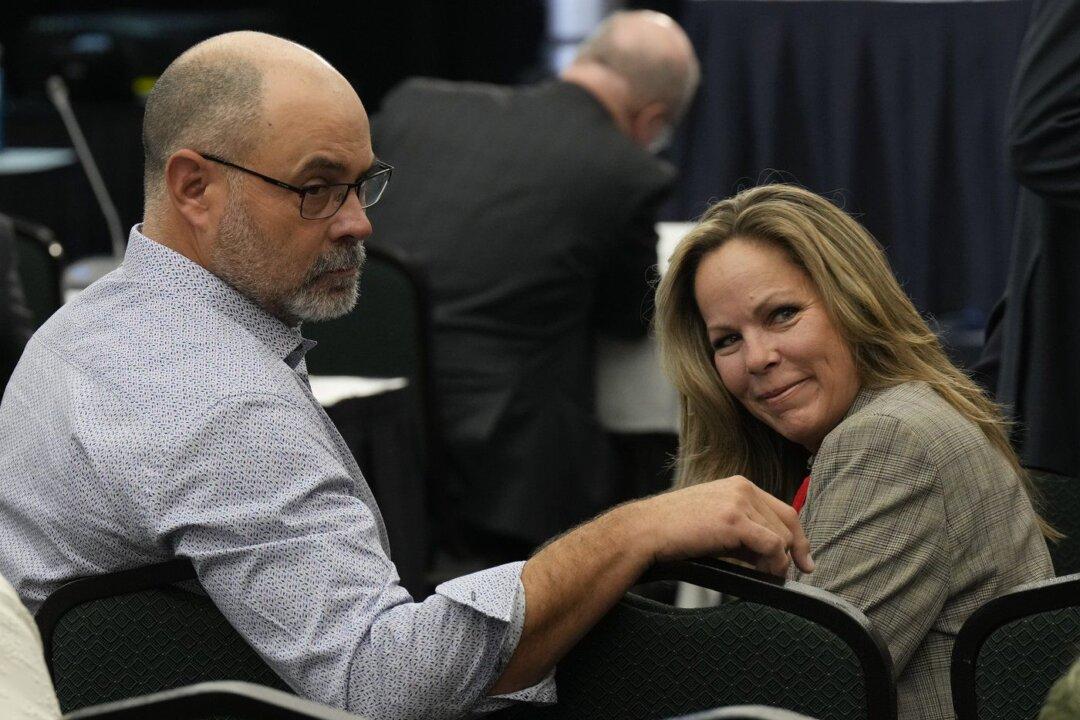OTTAWA—As the trial of Freedom Convoy organizers Tamara Lich and Chris Barber returned from break, lawyers for the two accused and the judge debated whether statements from the two could be admitted as evidence.
Eric Granger, a lawyer for Ms. Lich, sought to admit into evidence statements from the convoy organizer for the truth of their contents. He said the Crown should not only admit specific statements by Ms. Lich into evidence but ignore others.





